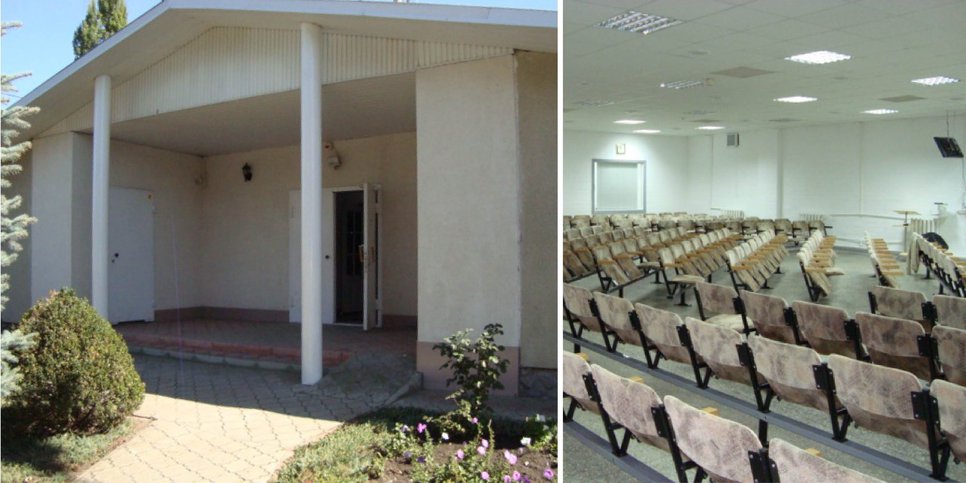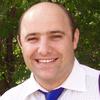Photo: a church building confiscated from believers in the center of Cherkessk
Photo: a church building confiscated from believers in the center of Cherkessk
Raid on believers in the capital of Karachay-Cherkessia. A 43-year-old Christian pastor is being held in the FSB for the second day
Karachay-CherkessiaOn December 16, 2019, in Cherkessk, the FSB conducted at least 9 searches of Jehovah's Witnesses. A criminal case was opened against Albert Batchaev under Part 1 of Article 282.2 of the Criminal Code of the Russian Federation for organizing "the performance of songs from a special collection of religious teachings of Jehovah's Witnesses and prayers to Jehovah God" and similar actions.
The case against the believers was initiated by the local FSB. The persecution of believers is carried out by the FSB investigator, Major of Justice M. Sapronov. At least 10 people were detained for questioning. A day later, all the believers, with the exception of Albert Batchaev, were released.
Update. On December 21, 2019, the Cherkessk City Court sent Albert Batchaev to the pre-trial detention center until February 11, 2020. The decision upset about 25 friends and relatives of the believer, who came to court to support him.
The searches were authorized by the Circassian City Court. Neither the investigator nor the prosecutor appeared at the court hearing on the searches, which did not prevent Judge Ruslan Atayev from subjecting his innocent countrymen to such a serious restriction of rights as searches. (The peacefulness and law-abiding attitude of Jehovah's Witnesses have been well known in Karachay-Cherkessia for more than 50 years, since after 1967 believers of this religion moved here in whole communities from Siberian exile.)
The FSB claims that Albert Batchaev "using his authority as a spiritual leader of the followers of the teachings of Jehovah's Witnesses ... He resolved issues of resolving conflict situations with followers, organized collective religious services consisting of.... sequential singing of songs from a special collection of religious teachings of Jehovah's Witnesses and prayers to Jehovah God." Although all such actions are guaranteed to everyone by the Russian Constitution ("the right to profess any religion"), law enforcement officials, in pursuit of indicators of the "fight against extremism" and possible promotion, claim that believers do not just pray and sing songs, but continue the activities of the banned organization. Authoritative Russian international organizations, governments and human rights activists, including the Commissioner for Human Rights in the Russian Federation, the Human Rights Council under the President of the Russian Federation, the President of the Russian Federation, prominent public figures of Russia, the European Union External Action Service, observers of the Parliamentary Assembly of the Council of Europe, the UN Working Group on Arbitrary Detention, pay attention to this practice.Office of the United Nations High Commissioner for Human Rights. The Russian government has repeatedly stated that the decisions of the Russian courts on the liquidation and prohibition of organizations of Jehovah's Witnesses "do not assess the doctrine of Jehovah's Witnesses, do not contain a restriction or prohibition to practice the above teachings individually."
Karachay-Cherkessia became the 50th region of Russia where criminal cases have been initiated against Jehovah's Witnesses. In total, there are 85 regions in Russia, including 22 republics, 9 territories, 46 regions, 3 cities of federal significance, 1 autonomous region and 4 autonomous districts.

